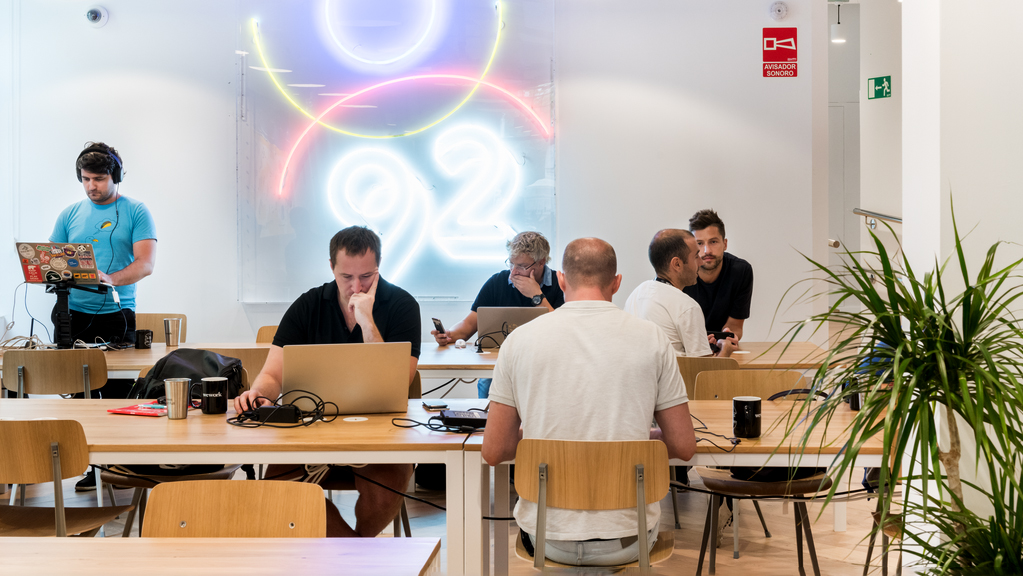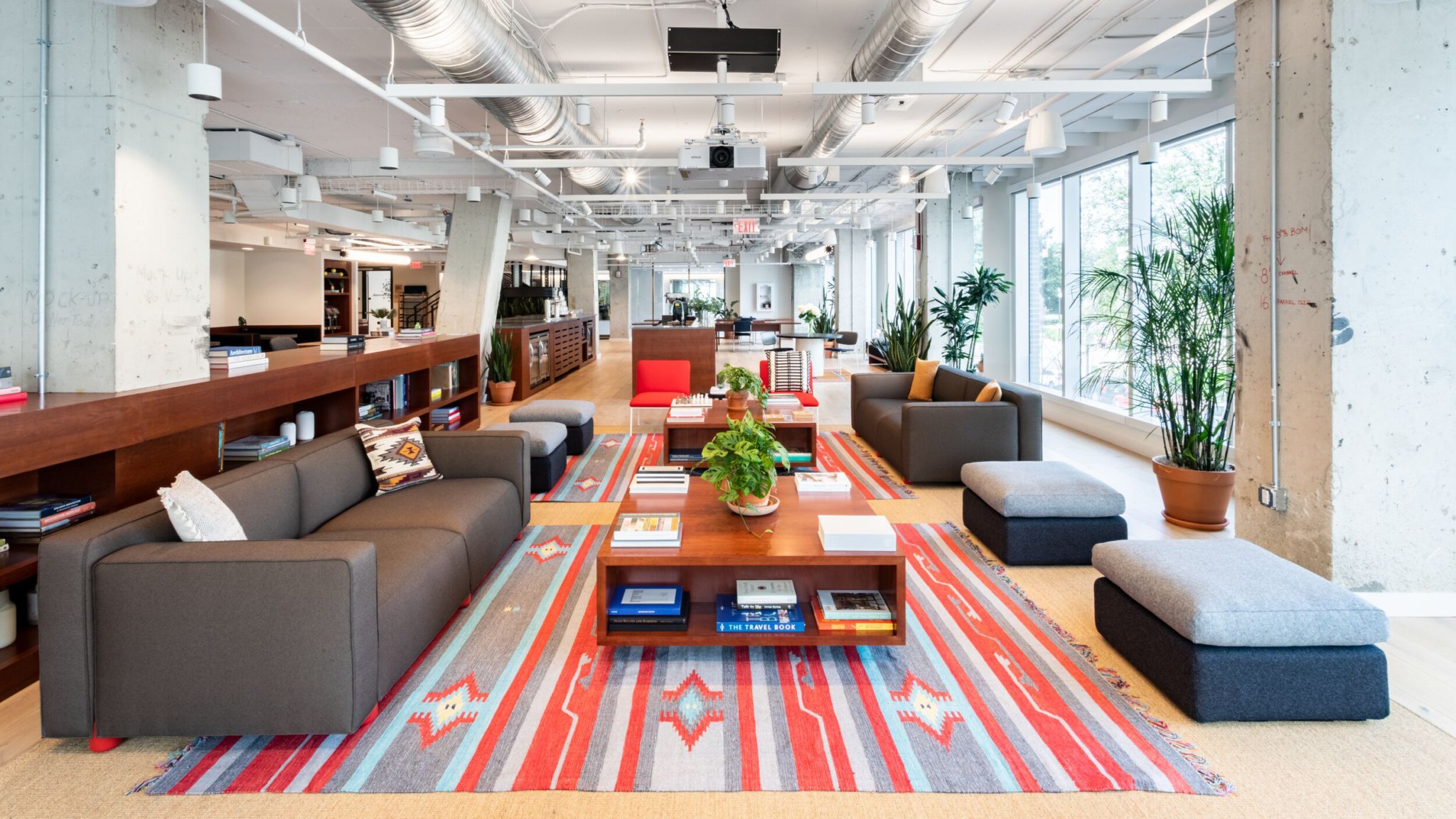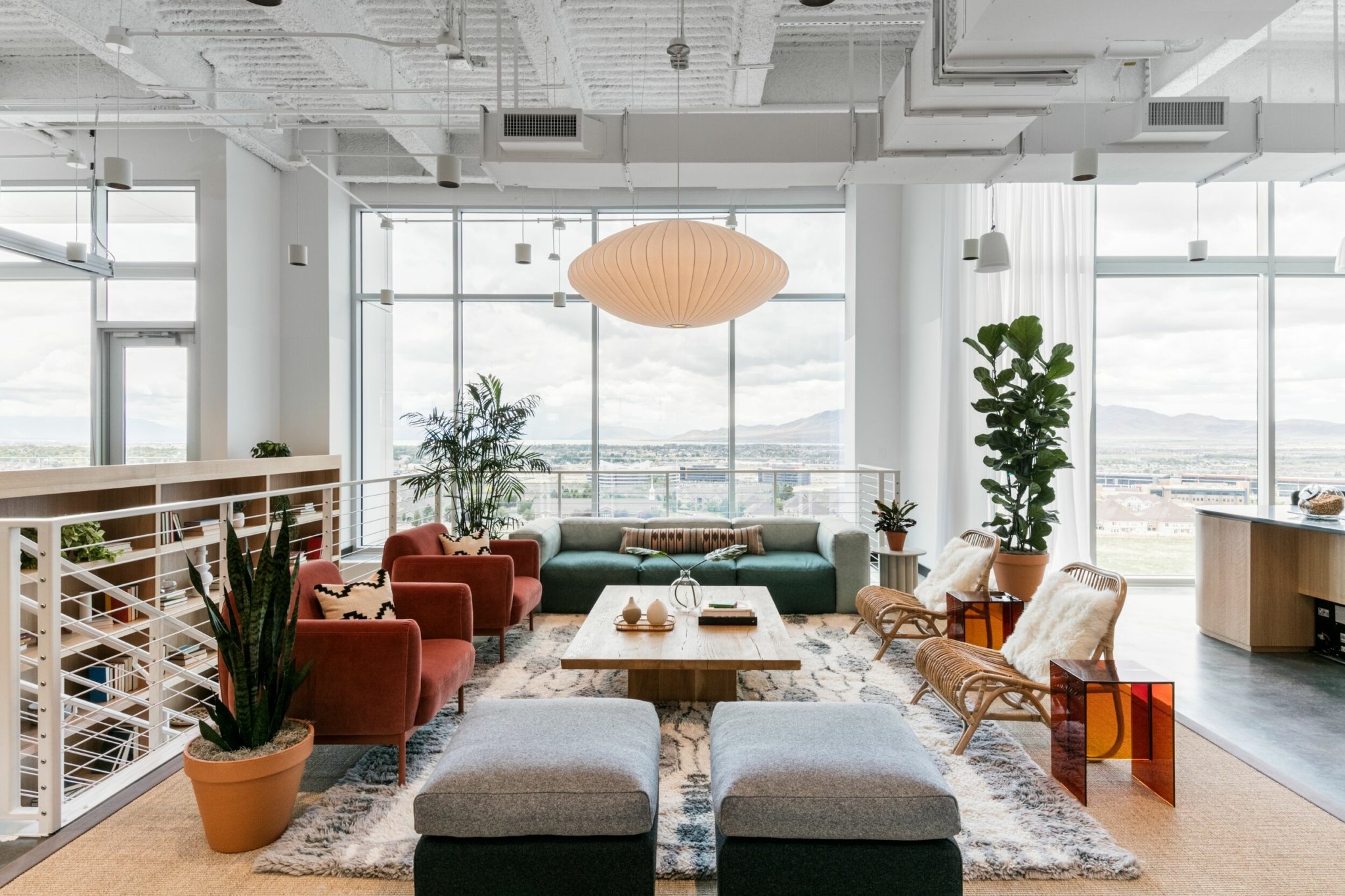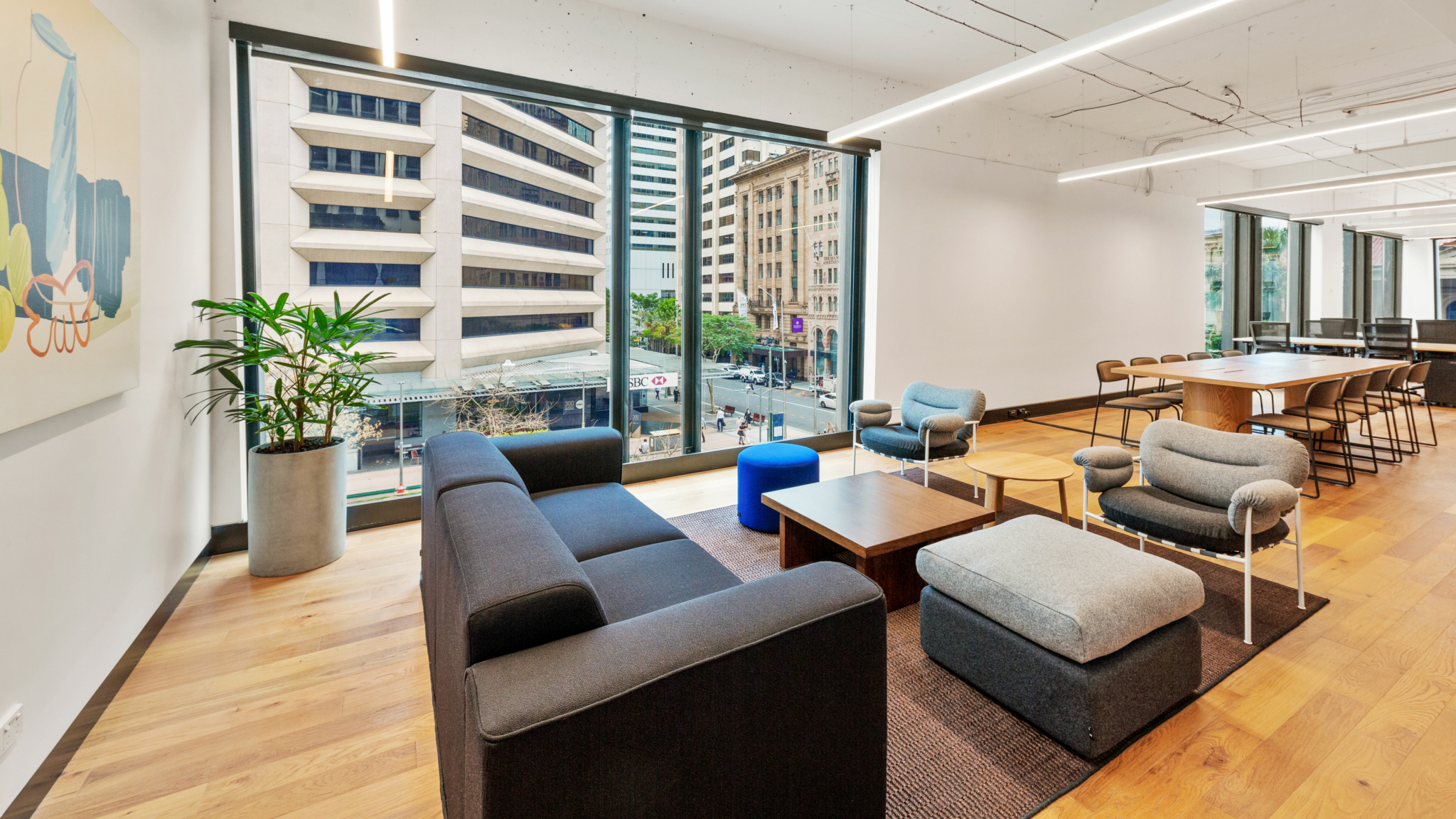An inflow of funding often spurs a period of growth for companies of all sizes, whether it’s an entrepreneur hiring their first employee, a seasoned startup building brand stability on a global stage, or an enterprise company expanding into multiple emerging markets.
The ability to quickly expand local operations and enter new markets is important when businesses experience a period of hypergrowth. But oftentimes, growing businesses can’t fully predict the exact number of new employees they’ll need to hire in a given location—and that makes it more complicated to build a real estate portfolio.
Traditionally, expansion involves searching for real estate, negotiating leases, getting permits, and designing the office environment. It requires managing third parties, like architects, designers, furniture vendors, and technology and utility providers. It’s especially common for smaller companies to find it difficult to manage both organizational growth and the many details involved in acquiring real estate. For these companies, flexibility is key to successful, profitable expansion.
Enter WeWork. With prime real estate assets spanning more than 800 locations in 35 major markets worldwide, WeWork has the square footage to provide companies with office space as they need, wherever they need it. This large portfolio of workspace brings agility to office real estate through flexible leases, scalable spaces, and dynamic, customizable solutions with options to fit nearly any need.
Here’s how three fast-growing companies use WeWork to handle future unknown headcounts and streamline their expansion, both locally and in new markets.
A delivery startup doubles headcount with plans to enter 10 new markets
The challenge: After a Spanish on-demand delivery startup raised one of the largest rounds of funding in the country, they had a mandate to expand into 10 new European markets over the next year. To support this growth, the company began the process of doubling its local headcount to more than 800 employees, but it needed the space to accommodate them—fast.
The solution: WeWork provided the company with two full floors of dedicated office space in a convenient location easy to access by public transportation. Anticipating unknown growth beyond the initial doubling of the headcount, the company opted for a flexible 12-month term that allows it to expand the space to accommodate more desks.

The result: The company’s new offices are situated in the heart of a burgeoning tech scene, surrounded by tapas bars, artisan markets, cafés, and boutiques. The address alone is a big draw for top talent, and the smart design includes open, art-filled spaces inside and green common areas outside, furnished with conversational seating and ping-pong tables. The environment inspires innovation and collaboration, providing an added value for the company that helps it attract and retain the kinds of workers it needs to pull off its ambitious expansion strategy.
As the company enters new and unknown markets, WeWork offers flexible, scalable workspaces in each location. A single point of contact at WeWork ensures seamless real estate support, and consistent office design and workplace culture across locations ensures a seamless employee experience.
A French tech startup enters the American market
The challenge: New funding spurred a Paris tech startup into a period of hypergrowth that would require the company to recruit more than 1,500 new employees over the next two years. Not only did the company need an additional 14,000 square feet of flexible office space in Paris, but it also needed more than twice that much space in New York City, where it was expanding operations.
The solution: WeWork provided the tech firm with a full-floor office space in Paris to accommodate its new local workforce. A 41-month term supports plans for future growth locally, with options to scale. In New York City, the company opted for a flexible 36-month lease for 29,260 square feet of office space over four floors in a prime, popular location in TriBeCa.
The result: The tech company has all of its space needs in place for the next few years, so it can stay laser-focused on managing its growth. Flexible terms support potential expansion, so the firm is at ease knowing it won’t have to start from scratch if it needs to scale sooner—or at a greater intensity—than anticipated.
A software company in Spain triples its workforce in two years
The challenge: A Spanish software company grew from 400 to 1,500 full-time equivalents in just under two years after their latest round of funding. As it continues to actively recruit talent across new markets in Europe, the company turned to WeWork for a more flexible, consistent workspace solution that would promote continued growth at any scale.
The solution: WeWork initially provided the company with a flexible lease on a 70-desk, dedicated office suite, but the firm’s growth quickly and unexpectedly outpaced the size. WeWork easily expanded the space to 218 desks.

The result: The company continues to grow, and projections indicate it’ll soon need even more space locally—as well as new buildings in several locations across Europe. Despite uncertain headcounts and the challenges associated with entering a new market, the company is able to scale local operations and expand into new cities with ease.
WeWork’s flexible workspace solutions provide companies and their employees with consistency across markets and easier access to the local talent pool. Flexible leases mitigate many of the risks associated with long-term commitments in new markets—and they ensure that companies have flexibility when they’re not sure how headcount will scale up or down in the future.
Kristen Bailey is a veteran writer and editor based in beautiful Lincoln, Nebraska. She has a penchant for helping large and small brands create stories that tell the why.
Rethinking your workspace?










